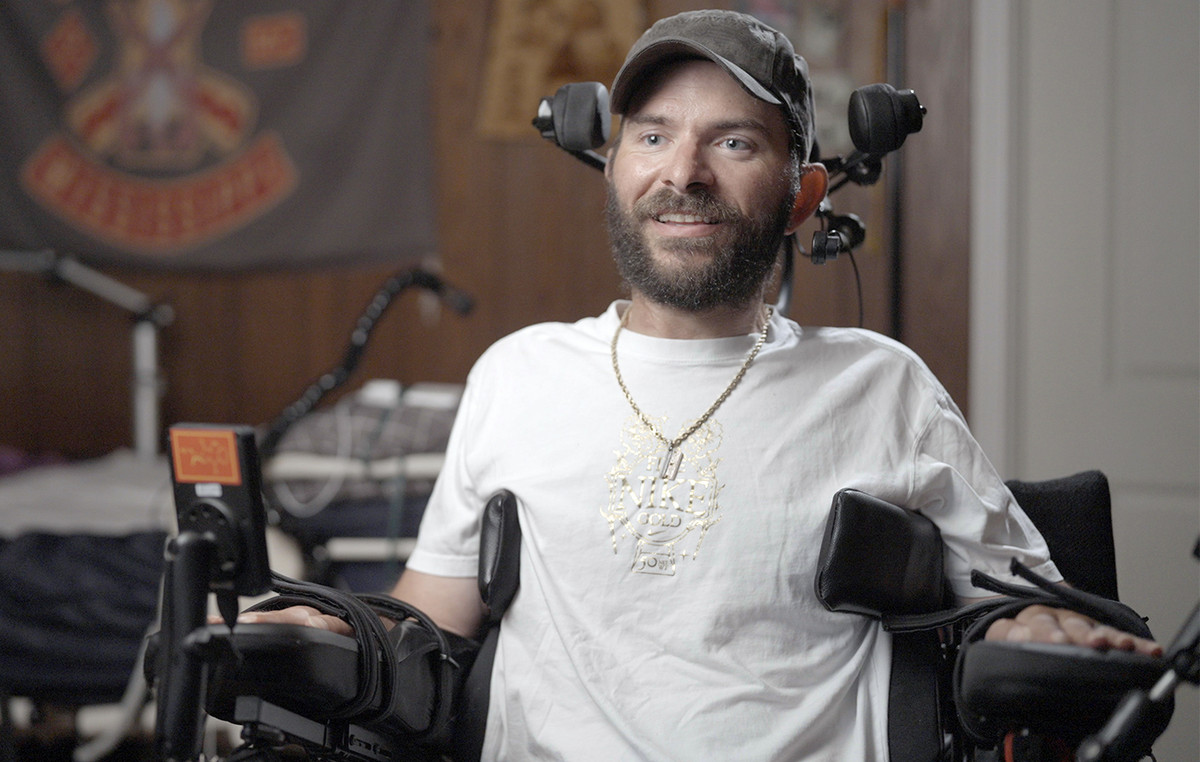S&P Global records the sharpest output decline since December 2020 for the Greek manufacturing sector as inflation weighs on customer demand.
A moderate deterioration in operating conditions across the Greek manufacturing sector was observed in August, according to the latest PMI® survey data from S&P Global.
The overall decline came from the sharp reduction in production and weak demand from domestic and foreign customers. In line with lower new order inflows, manufacturers cut headcount for the first time since December 2020. The backlog continued to decline as capacity pressure eased. Nevertheless, production expectations were boosted on hopes of improved demand.
On the price side, growth rates in input costs and output prices moderated significantly due to reports of lower prices for some raw materials.
The seasonally adjusted Purchasing Managers’ Index of S&P Global for the manufacturing sector in Greece (Purchasing Managers’ Index® – PMI®) closed at 48.8 points in August, a value lower than 49.1 points in July. The latest price indicated another moderate deterioration in the health of the Greek manufacturing sector, while the latest decline was the fastest recorded since December 2020.
The overall deterioration of conditions was contributed by sharp decline in production during August. The pace of contraction accelerated to the fastest on record since late 2020 and was reportedly driven by lower new order inflows and weak customer demand.
At the same time, new sales received by Greek producers of goods declined sharply. Customers’ purchasing power weakened due to soaring prices and rising energy costs. Although it has weakened since July, the decline was the second fastest in 18 months.
Meanwhile, demand from overseas customers weakened further as the rate of contraction in new export orders accelerated. New sales to overseas customers fell at the sharpest rate recorded since January 2021.
A reduction in operating needs following lower new order inflows led to another contraction in employment in August.
The decline in the number of employees was the first recorded since December 2020 and was linked to a higher number of layoffs.
However, Greek manufacturing companies were able to successfully reduce their backlog. The rate of contraction was broadly stable, although it fell to the slowest in three months.
Inflationary pressures weakened significantly during August. Input costs rose at the softest pace since November 2020, as the pace of growth slowed for a fifth consecutive month. While increases in energy and transportation costs drove inflation higher, falling prices of some raw materials reportedly curbed the increase.
The rate of charge growth also weakened further in the middle of the third quarter. While still at historically high levels, growth slowed to the weakest since August 2021. Higher selling prices were often attributed to higher operating costs being passed on to customers. Reduced production requirements led companies to again curtail their input purchases during August. Purchasing activity decreased for the fourth consecutive month and at a steady pace. Weak demand from customers also led to further inventory contractions as both supplies and finished goods inventories decreased.
Meanwhile, Greek manufacturers were more upbeat about their output expectations over the next 12 months in August. Confidence hit its highest level since May as companies hope for a rebound in consumer demand next year.
Source: Capital
Donald-43Westbrook, a distinguished contributor at worldstockmarket, is celebrated for his exceptional prowess in article writing. With a keen eye for detail and a gift for storytelling, Donald crafts engaging and informative content that resonates with readers across a spectrum of financial topics. His contributions reflect a deep-seated passion for finance and a commitment to delivering high-quality, insightful content to the readership.







